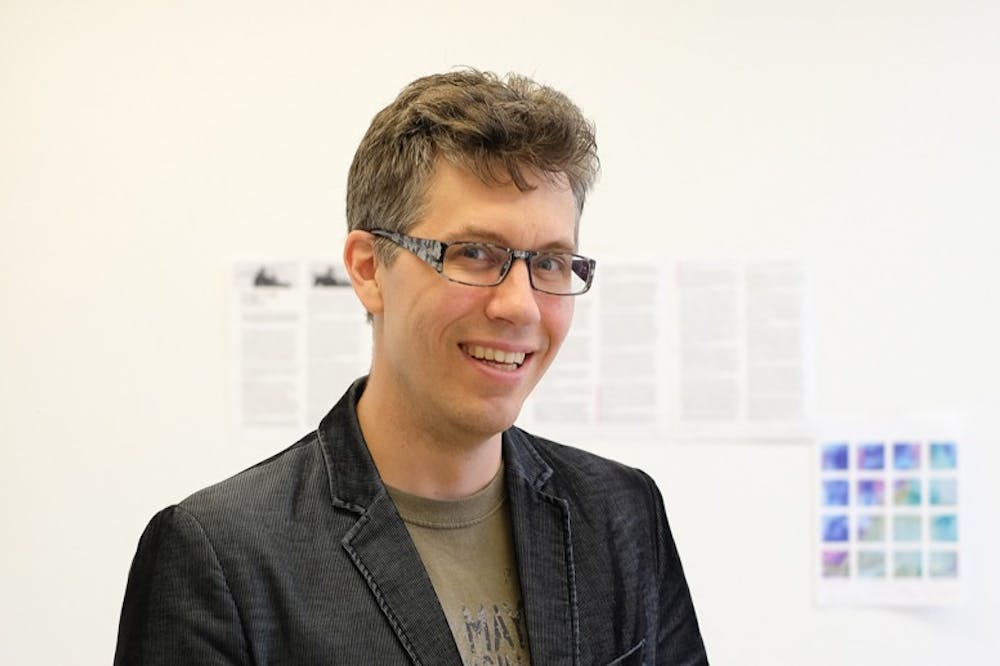Last month, Penn announced the appointment of Konrad Kording as a Penn Integrates Knowledge University Professor. He joins 19 other PIK professors and will begin in his new role on July 1.
The PIK program, launched by Penn President Amy Gutmann in 2005, recruits faculty with expertise across disciplines to teach at Penn.
Kording will be leaving his former post as professor of physical medicine and rehabilitation at both Northwestern University and the Rehabilitation Institute of Chicago to take on joint appointments in the Department of Bioengineering and Perelman School of Medicine’s Department of Neuroscience.
At Northwestern, Kording headed a lab that adopted a data-based approach towards analyzing the brain. He described his research process as explorative.
“At some level I don’t have a question. It’s more like I’m interested in the general process ... I want to see the opportunities for data that the world hasn’t seen yet,” he said. “And that’s why I’m in so many different areas. I focus on the skills, and the questions are really diverse questions.”
Kording said he is excited for his new position at Penn, and particularly for the PIK program.
“It’s amazing how Penn is actually hiring me for exactly how I see myself, which is this [PIK] professorship. It’s exactly meant to bring people together in joint projects. And that’s what I’ve been doing,” he explained.
At Northwestern, Kording works to build an online presence for his research. His lab has a blog and a Twitter account (@KordingLab) which regularly posts memes related to his research. Dr. Kording has also participated in a Reddit AMA, or “Ask Me Anything,” about one of his recent papers.
In addition, Kording regularly posts research ideas and questions on Twitter. He also engages in preprinting, which refers to publishing sections of a scientific paper before it is printed in a journal. This gives the public direct access to Kording’s research.
“Twitter is the way to get a discussion of the preprint into the public space,” Kording said. “It’s a democratic way of building community. It’s not these famous journals that are controlled by a relatively small number of old scientists, it’s a true democracy.”
Kording added that Twitter is useful to opening up the dialogue that is held around scientific research. Students from developing countries can participate in the same discussion as students from top universities in the United States.
During this interview, when Kording learned that The Daily Pennsylvanian reporter did not have a Twitter account, he expressed surprise.
“You don’t have a Twitter account? How come you don’t have a Twitter account?” Kording asked. “Aren’t you worried that there’s great research that you’re missing because you’re not on Twitter?”









